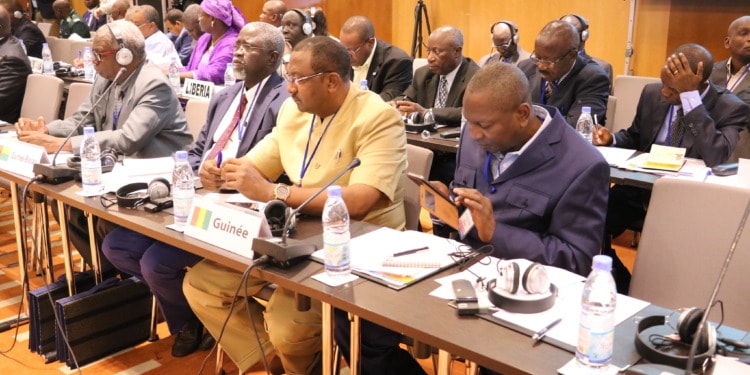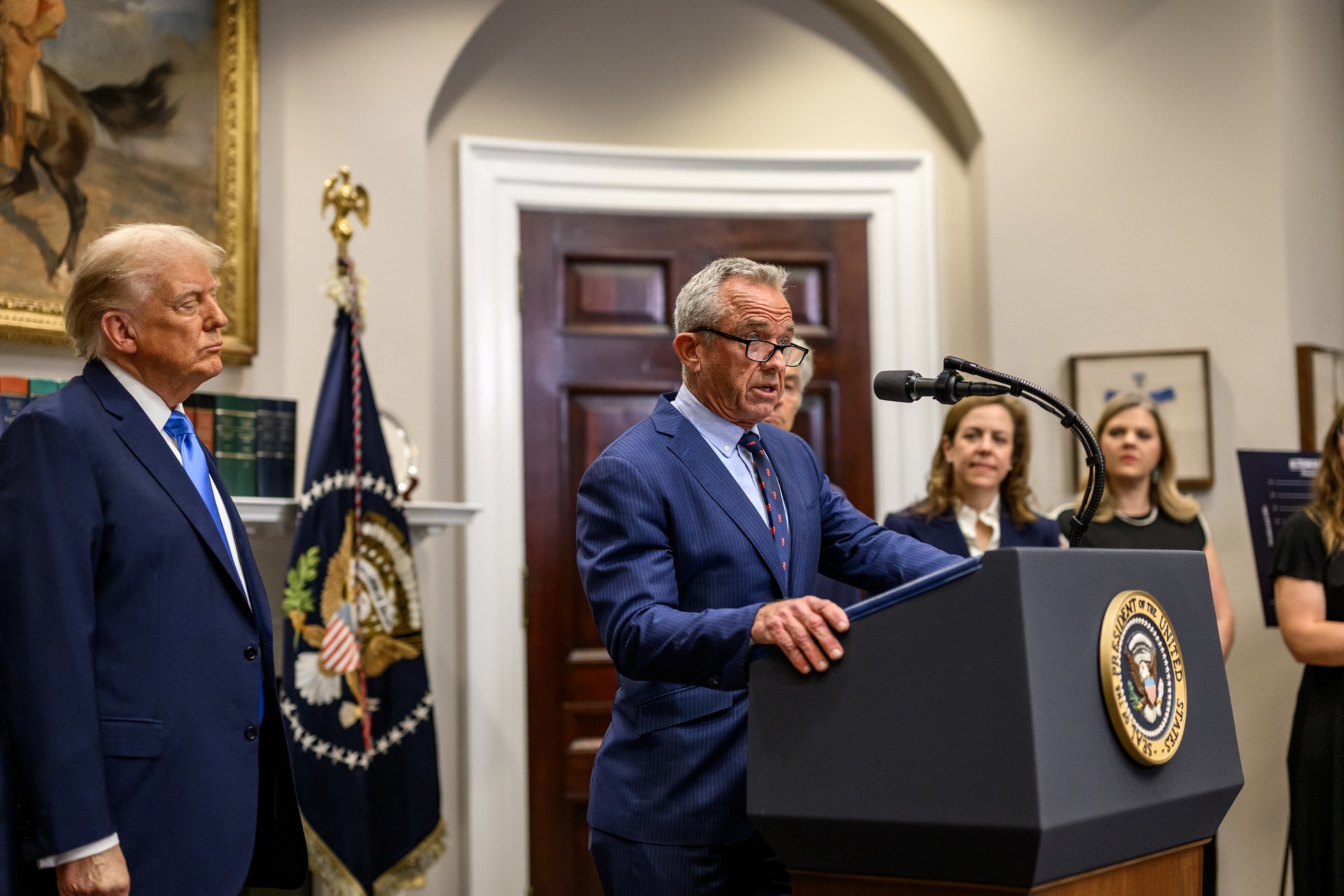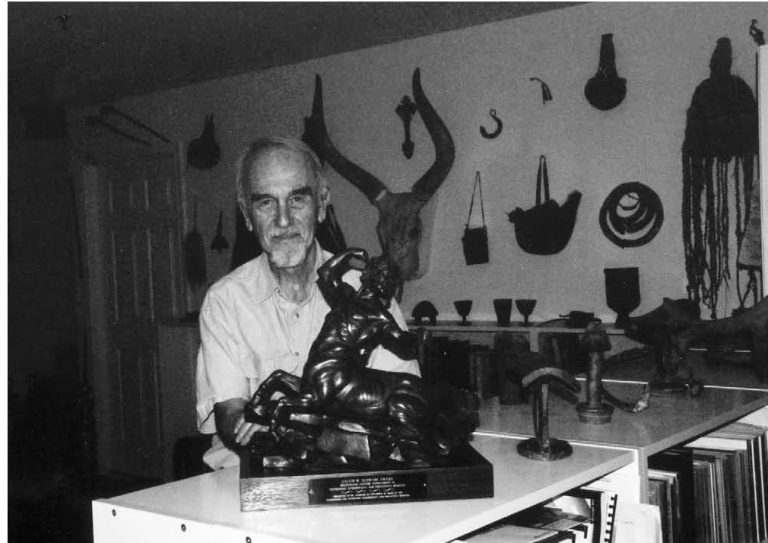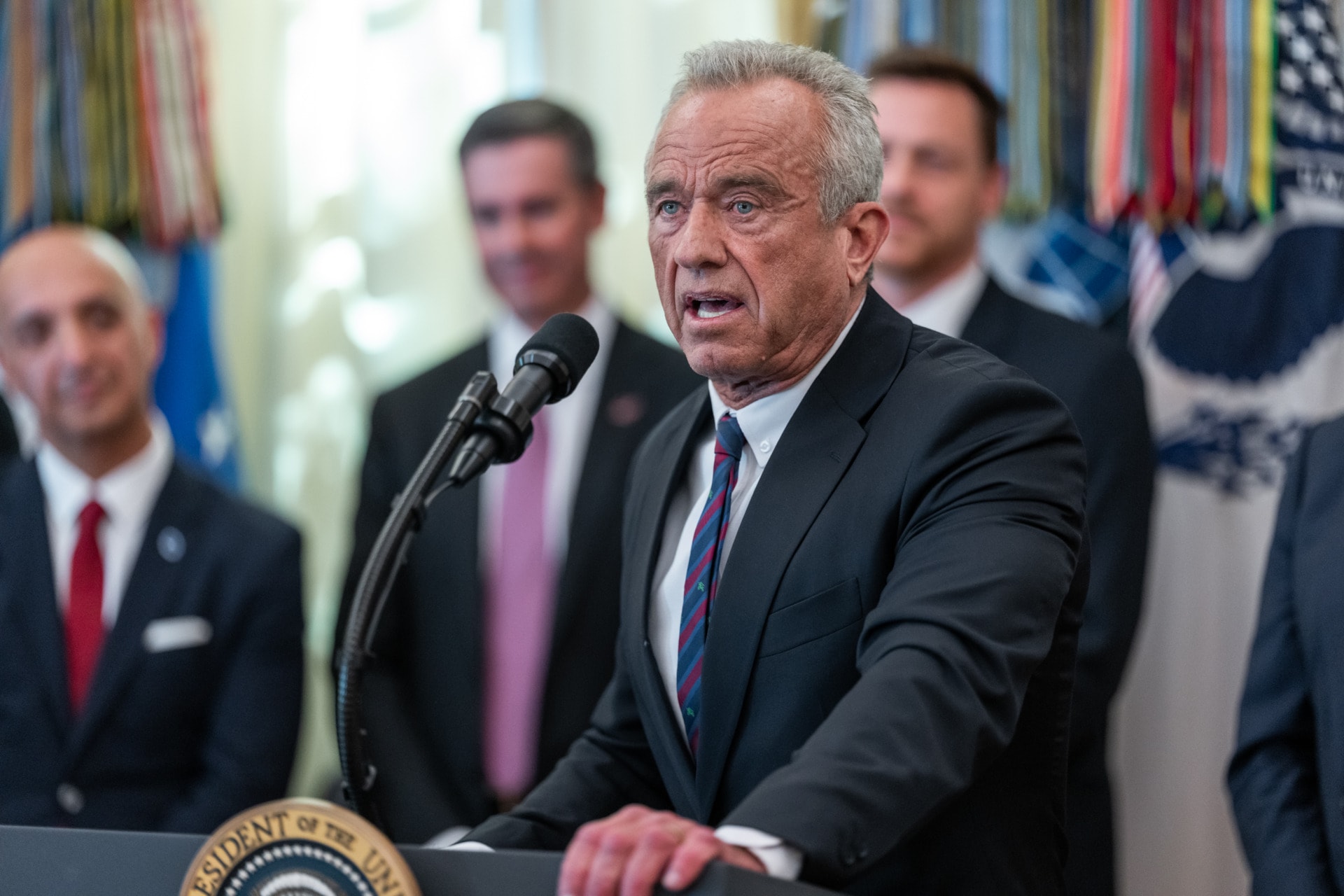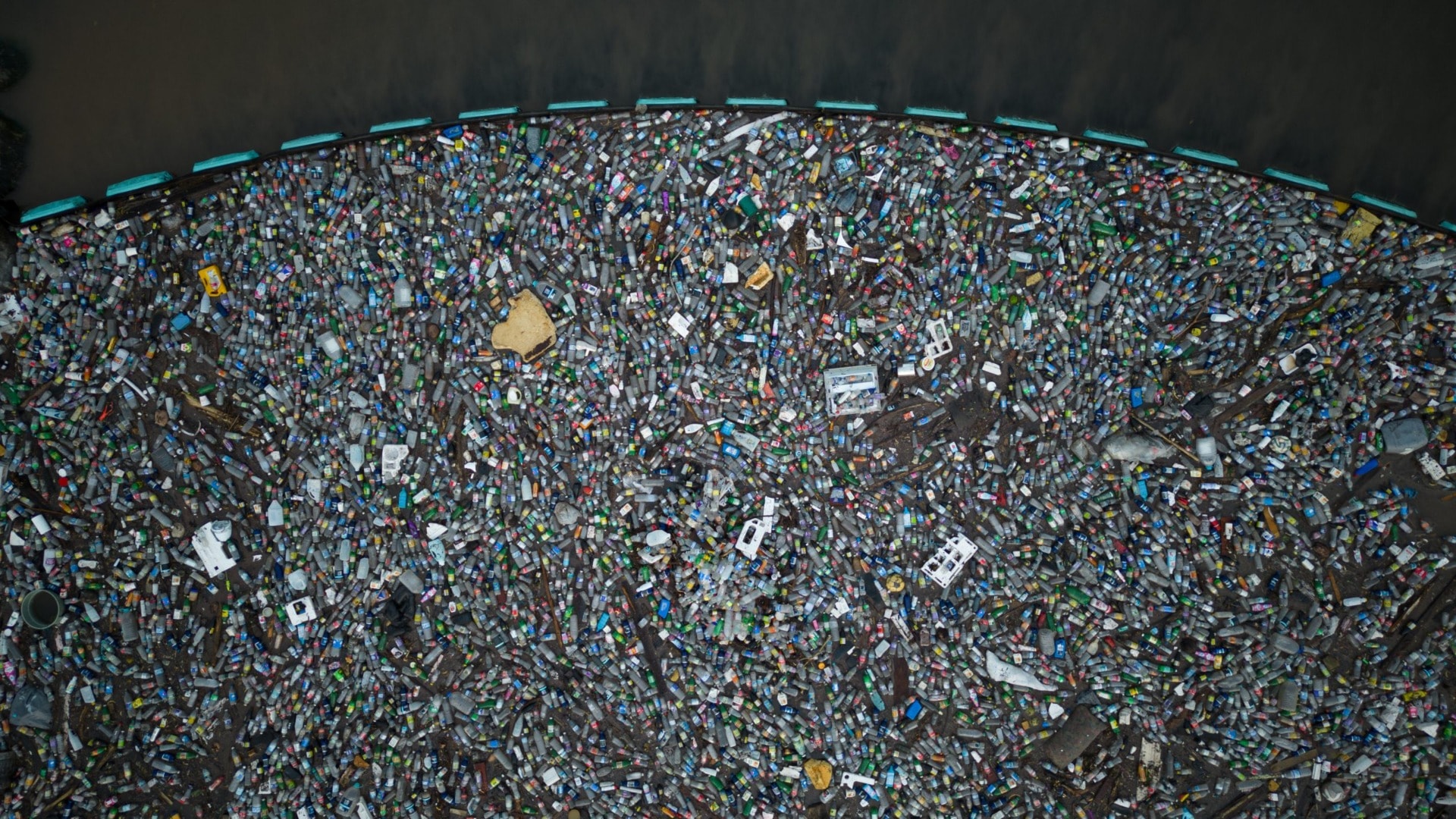There is good news in that, at the global level, there has been increased attention and deliberation about One Health and how to find common ground to operationalize it. As I will show here, expansion of the Joint External Evaluation (JEE) could solve the problem. A significant milestone was achieved when four international organizations, WHO, FAO, WOAH, and UNEP agreed on an operational definition. These four represent a broad range of disciplines in science and policy-related sectors.
The agreed definition is as follows:
One Health is an integrated, unifying approach that aims to sustainably balance and optimize the health of people, animals and ecosystems.
It recognizes the health of humans, domestic and wild animals, plants, and the wider environment (including ecosystems) are closely linked and inter-dependent.
The approach mobilizes multiple sectors, disciplines and communities at varying levels of society to work together to foster well-being and tackle threats to health and ecosystems, while addressing the collective need for clean water, energy and air, safe and nutritious food, taking action on climate change, and contributing to sustainable development.
#PLOSPathogens: One Health: A new definition for a sustainable and healthy future https://t.co/UrWrFADZ0G @FAO @UNEP @WHO @WOAH_Global @GHSAgenda @GHSAConsortium #OneHealth #biodiversity #climate pic.twitter.com/xwBs5gZjcr
— Catherine Machalaba, PhD MPH (@cmachalaba) June 27, 2022
This is encouraging and augurs well for coordinated future operational efforts.
However, the ecosystem, which is the most dynamic, cross-cutting and the most confounding sector of the One Health triad has not been part of a common voluntary evaluative effort that comprises the JEE assessments of capacity strengths and weaknesses.
The JEE initially was human health-based.
The WHO International Health Regulations (IHR) provided this as a basis for gauging the capability of a given country’s human health system. It has subsequently added veterinary services and revised in light of the COVID pandemic. Its most recent third edition integrates equity considerations across various technical areas through technical questions aimed at identifying support for vulnerable populations, including through data collection and reporting. Here is a recent example in Nigeria:
This is seen as allowing more constructive conversations within the country and with JEE external evaluators around this issue and its intersection with other relevant capacities.
With respect to veterinary services and animals, the 2019 World Organization for Animal Health (WOAH) “Evaluation of Performance of Veterinary Services” (PVS) addresses critical competencies by identifying five possible levels of advancement within each of four fundamental components and these are included as part of a JEE assessment. So, both the human and animal aspects of One Health are addressed.
What is not part of the JEE per se is the environment
The environmental dimension continues to often be neglected in initiatives purporting to cover all three. The question then becomes how might it be possible to raise the environmental profile on an equal footing with the other two?
Since the original JEE focus was the WHO Health Regulations (IHR), it makes sense to use that platform as any future entry point for ecosystem consideration. The IHR, in place since 2005, are an instrument of international law that is legally binding on 196 countries, including the 194 WHO Member States:
The timing to do so could be propitious inasmuch as IHR reform proposals were put forward in May 2022 during discussions at the 75th World Health Assembly. These were not approved but what was is “a process for a process” to update the IHR with States invited to submit amendment proposals by September 2022, with the debate likely to continue until the 77th World Health Assembly.
Any changes made to the IHR would then be integrated into the JEE. This might be how to open the process to new subjects, bringing in ecosystem health and UNEP, the UN technical agency specifically tasked with protecting the environment.
In this regard, UNEP already has a country needs assessment methodology to determine needs and priorities, particularly in terms of data sharing, State of Environment Reporting (SoER), reporting on Multilateral Environmental Agreements (MEAs) and on the environmental dimension of the Sustainable Development Goals (SDGs), as well as an integrated environmental assessment process.
For example, one of UNEP’s latest tool is DaRT (Data Reporting Tool) which allows Parties to Multilateral Environment Agreements to gather and record data in a single space, for convenient sharing across Ministries and for national reporting.
For now, DaRT facilitates monitoring of progress toward the global goals and targets to which National Biodiversity Strategies and Action Plans are mapped. But based on the results of such an assessment and country priorities, other specific areas of intervention can be identified.
Working with UNEP to tailor specifics relevant to One Health would then serve as a pathway to include the ecosystem in JEE assessments.
But Much More Needs To Be Done
Initiated by FAO in 2020 and chaired by Wanda Markotter of South Africa and Friedrich Loeffler of Germany, the One Health High-level Expert Panel (OHHLEP) based on cross-sectoral collaboration between FAO, WHO, WOAH and UNEP with support from France and Germany, has a mandate that goes well beyond unifying One Health definition.
Its work plan includes putting forward a common One Health framework for surveillance, early detection, and rapid data sharing in the prevention of emerging zoonoses, which would be adopted by others, such as the World Bank. Further, building on a theory of change, it puts forward ways for the different sectors (agriculture, health and the environment) to practice collaborative work at different levels.
OHHLEP experts plan to meet 5-6 times a year in plenary sessions each year and follow up with recommendations to help policymakers make decisions to prevent public health crises, and most importantly, to inform citizens. There is much to be done to make One Health a true global priority, but it will be well worth the effort.
Editor’s Note: The opinions expressed here by Impakter.com columnists are their own, not those of Impakter.com. — In the Featured Photo: One Health Technical and Ministerial meeting opens in Dakar, Senegal, 8 November 2016: FAO, jointly with WHO, WOAH, ECOWAS and WAHO promoted “a holistic and multidisciplinary approach to advocate for the much-needed ‘One Health’ initiative in the West African region. Together, they support and follow up the progress of implementation of the One Health plan of action for each country.” Photo Credit: ©FAO/Yacine Cisse, Flickr


